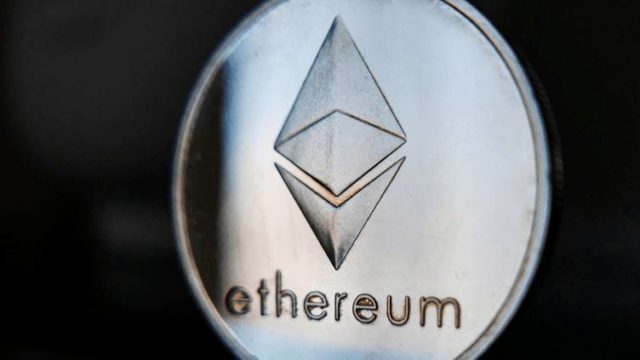The United States House voted to approve, this Wednesday (13), a bill that could lead to a nationwide ban on TikTok – a major challenge for one of the most popular social media applications in the world.
The vote was 352 to 65, with 15 Republicans and 50 Democrats voting against it.
It is still unclear what the future of the project will be, which now goes to the US Senate.
The bill would ban TikTok from U.S. app stores unless the platform — used by about 170 million Americans — is spun off from its Chinese parent company ByteDance.
Representatives supporting the bill argued that TikTok poses a threat to national security because the Chinese government could use its intelligence laws against ByteDance, forcing it to hand over US user data.
The push to pass the bill faced headwinds from several different political directions.
One of the most vocal opinions came from former President Donald Trump, who was once a supporter of banning the platform but has since reversed his stance.
Meanwhile, Democrats face pressure from young progressives, among whom TikTok remains the platform of choice.
TikTok creators and China responded angrily to the vote, with China's Foreign Ministry calling it an “act of bullying.”

TikTok called the legislation an attack on its users' constitutional right to freedom of expression.
The social network launched an in-app appeal campaign, urging users to call representatives in Washington to oppose the project.
Several congressional offices said they were inundated with calls.
The project would give ByteDance about five months to sell TikTok.
If it isn't, the app would be illegal for app store operators like Apple and Google to make it available for download.
In a rare show of bipartisanship, the measure advanced unanimously in the powerful House Energy and Commerce Committee, and President Joe Biden said he would sign the bill if it reached his desk.
Senate Majority Leader Chuck Schumer did not commit Tuesday to holding a vote on the bill, highlighting the uncertainty about what will happen next.
“I will have to consult and intend to consult with the chairs of my relevant committees to see what their views would be,” he said.
Trump backtracks on possible TikTok ban
When Trump was president, he supported calls to ban the app, but appears to have now backed away from that position, although his rhetoric has sometimes sent seemingly contradictory messages.

In a post last week, Trump expressed opposition to the ban, arguing that if TikTok were out of the picture, Facebook would benefit — in an attack on Facebook and Meta CEO Mark Zuckerberg, whom he called the “enemy of the people.” ”.
In an interview with CNBC, Trump said it was a “difficult decision” whether the US should ban TikTok and continued to argue that getting rid of it would benefit Facebook, adding that he thought: “Facebook has been very bad for our country. ”
Trump said he thought TikTok posed a threat to U.S. national security, but said, “You also have this problem with Facebook and a lot of other companies.”
“There's, you know, a lot of good things and a lot of bad things about TikTok,” Trump said.
Lawmakers on both sides supporting the bill have argued that it is not a ban.
In recent comments to reporters, Wisconsin Republican Rep. Mike Gallagher, who chairs a House select committee on China, rejected characterizations of the bill as a ban on TikTok.

“It’s not a ban,” he said. “This puts the choice to sever its relationship with the Chinese Communist Party squarely in TikTok’s hands. When ByteDance no longer owns the company, TikTok will be able to continue to survive. The basic ownership structure has to change.”
TikTok rejected lawmakers' claims that the legislation would provide options for the app.
“This legislation has a predetermined outcome: a total ban on TikTok in the United States,” the company wrote in a post on X.
“The government is trying to deprive 170 million Americans of their constitutional right to free speech. It will harm millions of businesses, deny artists audiences, and destroy the livelihoods of countless creators across the country.”
TikTok CEO Shou Chew tried to schedule 11th-hour meetings with members of Congress.
The company also sent letters to several House lawmakers on Monday, accusing them of mischaracterizing TikTok's appeals campaign, saying it is “offensive” for lawmakers to dismiss the views of constituents who have overwhelmed Congressional offices with phone calls.
Source: CNN Brasil
Bruce Belcher is a seasoned author with over 5 years of experience in world news. He writes for online news websites and provides in-depth analysis on the world stock market. Bruce is known for his insightful perspectives and commitment to keeping the public informed.







